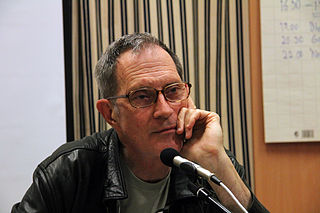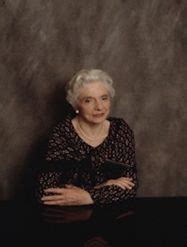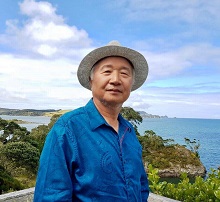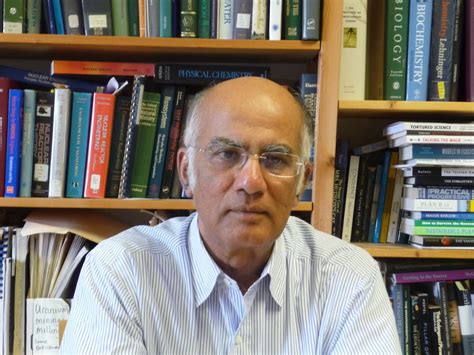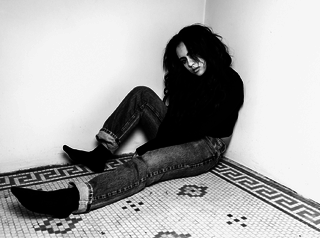A Quote by Sylvia Earle
This much is certain: We have the power to damage the sea, but no sure way to heal the harm.
Related Quotes
Literature for me… tries to heal the harm done by stories. (How much harm? Most of the atrocities of history have been created by stories, e.g., the Jews killed Jesus.) I follow Sartre that the freedom the author claims for herself must be shared with the reader. So that would mean that literature is stories that put themselves at the disposal of readers who want to heal themselves. Their healing power lies in their honesty, the freshness of their vision, the new and unexpected things they show, the increase in power and responsibility they give the reader.
We think of justice sometimes as getting what you deserve, you know? - ?what crime was committed and what is the punishment for that crime. That's how a lot of the criminal justice works. But God's justice is restorative, so it's not as interested in those same questions of "What did they do wrong?" and "What is the punishment for that?" It's more about what harm was done and how do we heal that harm, and that's a much more redemptive version. So, it definitely doesn't turn a blind eye to harm, but it does say we want to heal the wounds of that.
Salt is a powerful symbol in Haiti, as elsewhere. Salt of the earth, for example is an American phrase. In Haiti, myth and legend has it that if you are turned into a zombie, if someone gives you a taste of salt, then you can come back to life. And in the life of the fishermen, there are so many little things about salt that I wanted to incorporate. The salt in the air. The crackling of salt in the fire. There's all this damage, this peeling of the fishing boats from the sea salt. But there is also healing from it, sea baths that are supposed to heal all kinds of aches and wounds.
Nuclear weapons production and testing has involved extensive health and environmental damage .... One of the most remarkable features of this damage has been the readiness of governments to harm the very people that they claimed they were protecting by building these weapons for national security reasons. In general, this harm was inflicted on people in disregard of democratic norms. Secrecy, fabrication of data, cover-ups in the face of attempted public inquiry, and even human experiments without informed consent have all occurred in nuclear weapons production and testing programs.
I think that if you are a resolute, unswerving atheist, you have that sense that you are conscious of the God-shaped hole that has been left in the wake of any religious belief, and in a way, one is much more drawn to articulate why it is that certain places, or certain experiences, have a kind of power.
I certainly believe we all suffer damage, one way or another. How could we not,except in a world of perfect parents, siblings, neighbours, companions? And then there is the question on which so much depends, of how we react to the damage: whether we admit it or repress it,and how this affects our dealings with others.Some admit the damage, and try to mitigate it;some spend their lives trying to help others who are damaged; and there are those whose main concern is to avoid further damage to themselves, at whatever cost. And those are the ones who are ruthless, and the ones to be careful of.
There's so much judgment geared toward young girls. People just expect so much from girls. Even physically and aesthetically, people expect us to always look right, to have a certain etiquette - to talk a certain way and act a certain way - and to know certain things. It's all different expectations, but there are always expectations.

